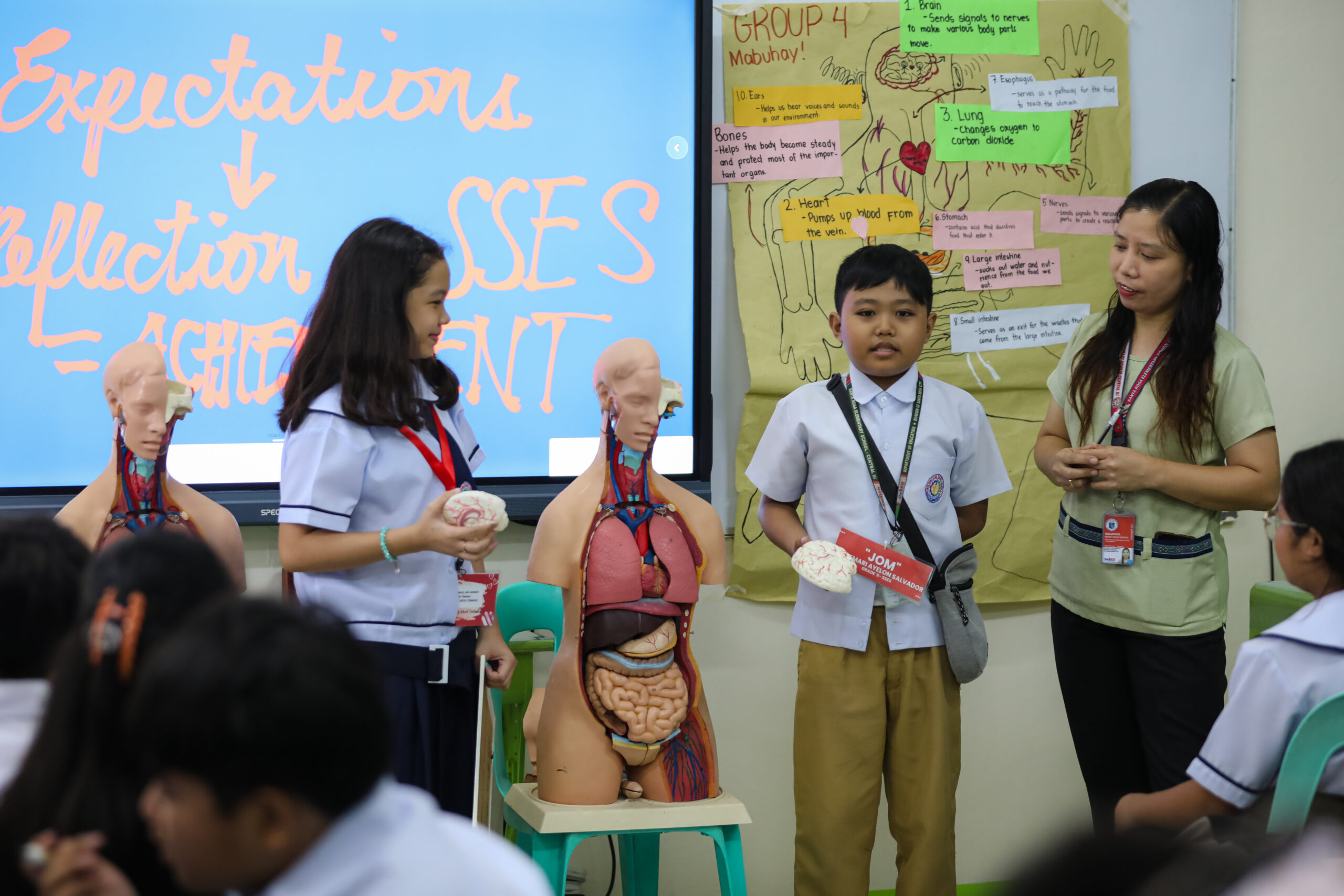The Department of Education (DepEd), in its commitment to build a more transparent, accountable, and responsive education sector, is taking an increasingly data-driven approach in identifying and tackling issues as well as driving meaningful reforms in basic education under the leadership of Education Secretary Sonny Angara.
“Numbers provide a valuable perspective on the realities we are facing right now. They serve as a good baseline in developing targeted solutions and strategies in addressing challenges that impact our schools, teachers, and learners,” said Undersecretary for Strategic Management Ronald Mendoza. “We want to further leverage data and technology as tools to strengthen our basic education system and better cater to the needs of stakeholders.”
Persistent challenges in infrastructure and learning outcomes and the factors contributing to these, for instance, can be better quantified and analyzed by looking into available data. As of 2023, the estimated classroom shortage in the Philippines stands at 165,443, with the highest number of deficiencies observed in Region IV-A (18.7%), the National Capital Region (NCR) (15%), and the Bangsamoro Autonomous Region in Muslim Mindanao (BARMM) (8%).
To address this shortage, DepEd is implementing a strategy that includes utilizing Public-Private Partnerships (PPP), vouchers, leasing, conventional procurement, and negotiated procurement with non-government organizations (NGO).
Similarly, literacy and numeracy levels of Filipino learners can be gauged from international and national assessment results. The Comprehensive Rapid Literacy Assessment (CRLA), in particular, is being used by DepEd to identify learners with low reading proficiency in Grades 1-3. For School Year 2024-2025, the End-of-School-Year CRLA showed that 3.4% of the total Grade 3 cohort nationwide, or more than 64,000 learners, are classified as low emerging readers in English. This data indicates that learners in this category are highly vulnerable as they transition to Grade 4, where English is the primary medium of instruction across learning areas.
Results of CRLA serve as the basis for the implementation of the Academic Recovery and Accessible Learning (ARAL) Program, a national initiative that aims to support learners struggling in reading, math, and science by providing accessible and targeted tutorial sessions and other interventions.

Important insights derived from data can be utilized to identify areas for improvement, ensure proper resource allocation, and push for reforms within the basic education sector. In an effort to expand access to education data, DepEd launched Project Bukas, an open data initiative that discloses assessment data and school characteristics through an online dashboard and machine-ready files.
The Paaralang Bukas dashboard can be accessed through www.deped.gov.ph/paaralang-bukas, while the machine-ready files compatible with statistical tools and software are free to download via www.deped.gov.ph/machine-ready-files.
To ensure ease of access and usability, the dashboard is equipped with features that allow users to filter their searches according to a specific region, division, or school and visualize data better through interactive graphs and charts. It also has a mobile-friendly interface that makes data easily accessible on different devices. Lastly, users can download datasets as machine-readable files and other compatible formats.
Project Bukas is implemented by DepEd in partnership with EDCOM 2, the Evidence for Education Coalition, top think tanks and universities, the Philippine Open Government Partnership through the Department of Budget and Management, and DepEd Regional Directors. It is supported by the Senate of the Philippines, the House of Representatives, and local government units.


